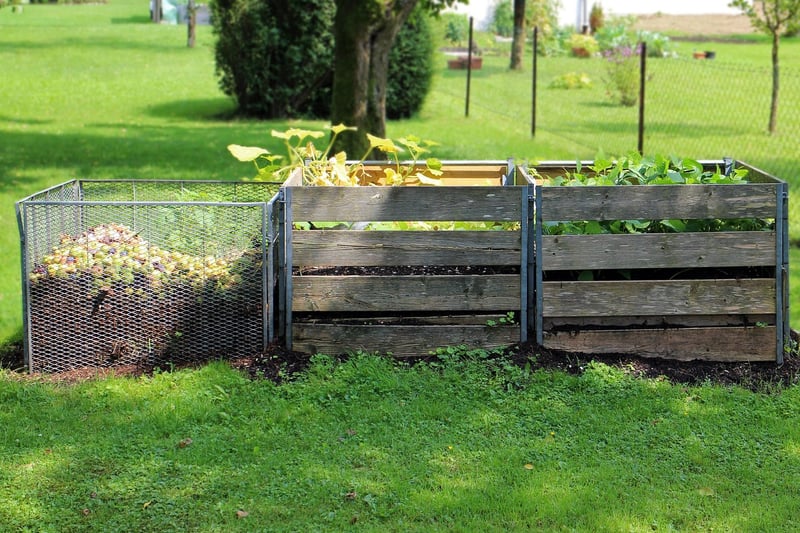Composting Tips
Caring for the Environment Through Gardening + Composting Tips
The Benefits of Gardening for the Environment
Gardening is not only a rewarding hobby but also a great way to contribute positively to the environment. By creating green spaces, you can help reduce carbon dioxide levels, provide habitats for wildlife, and promote biodiversity.
Composting Tips for a Greener Garden
Composting is an eco-friendly way to recycle kitchen and garden waste, enriching the soil and reducing the need for chemical fertilizers. Here are some tips to get started:
1. Choose the Right Compost Bin
Opt for a compost bin that suits your space and needs, whether it's a traditional bin, tumbler, or worm composting system.
2. Know What to Compost
Include fruit and vegetable scraps, coffee grounds, eggshells, grass clippings, leaves, and garden trimmings in your compost pile. Avoid meat, dairy, and oily foods.
3. Maintain the Balance
Balance green materials (nitrogen-rich) like kitchen scraps with brown materials (carbon-rich) such as dried leaves or newspaper to ensure proper decomposition.
4. Turn and Water Your Compost Regularly
Aerate your compost pile by turning it regularly to provide oxygen for the decomposition process. Keep it moist but not soggy.
5. Use Compost in Your Garden
Once your compost is dark, crumbly, and earthy-smelling, it's ready to use. Spread it in your garden beds to improve soil structure and fertility.
Conclusion
Gardening and composting are powerful tools to care for the environment while creating a beautiful and sustainable garden. Start small, experiment, and enjoy the journey to a greener lifestyle!

For more information on gardening and composting, check out EPA's composting guide.
